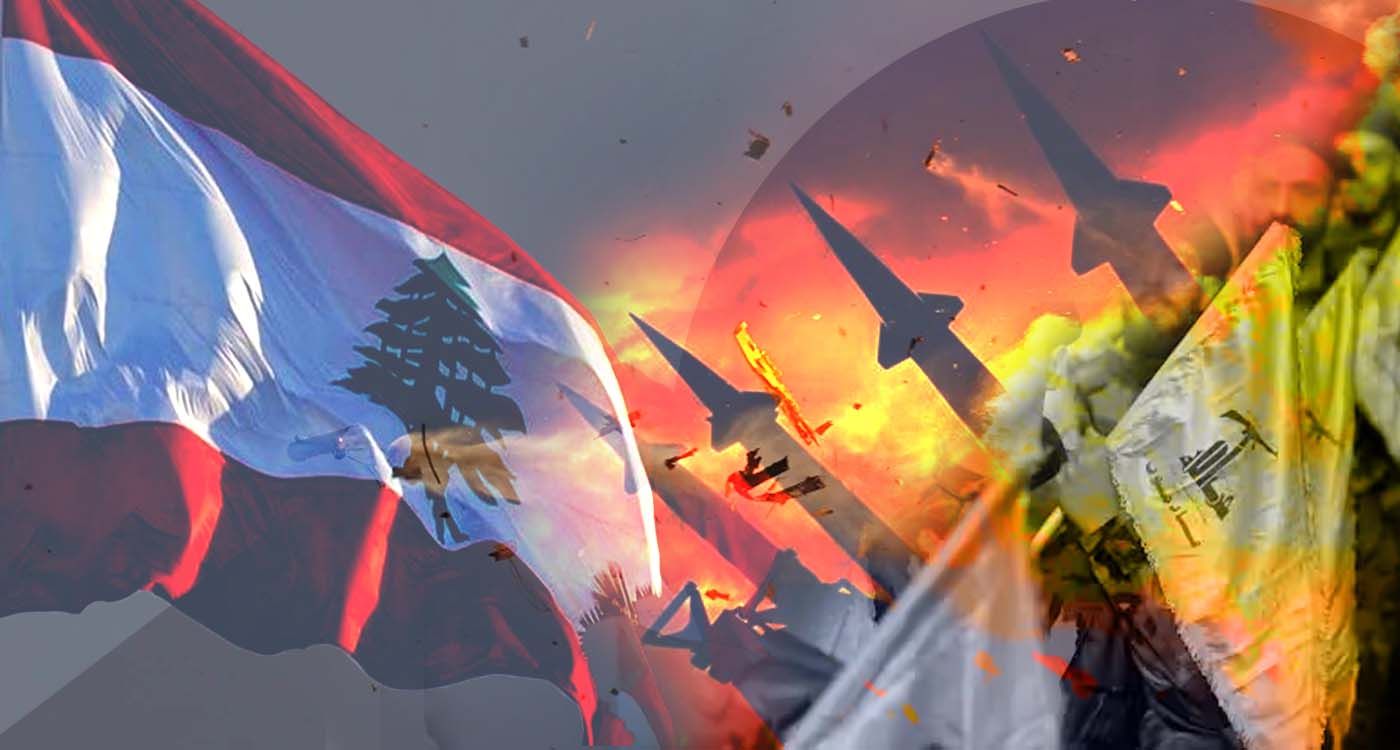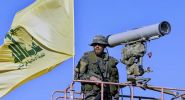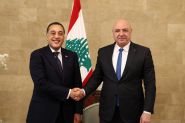
Lebanon is navigating a complex political and military landscape, with a strong push from the United States and the international community encouraging the Lebanese government to enhance state sovereignty and work towards the disarmament of Hezbollah and other armed groups. Recently, US presidential envoy Tom Barrack presented a comprehensive plan that provides Lebanon with a pathway to disarm Hezbollah and implement vital financial reforms within a supportive timeline.
On August 7, the Lebanese Council of Ministers approved Barrack's proposal aimed at disarming Hezbollah by December 31, 2025. Key components included a phased disarmament of Hezbollah, Israeli withdrawal from five positions in southern Lebanon and the deployment of the Lebanese Armed Forces (LAF) to critical border areas. The plan also calls for indirect talks between Israel and Hezbollah regarding prisoner exchanges and border demarcations.
Barrack expressed optimism about Lebanon moving away from Hezbollah's influence, supporting the efforts of President Joseph Aoun and his administration. The disarmament process is to begin within 60 days and conclude within 120 days. Experts in Washington are divided on the proposal's practicality, emphasizing that Lebanon’s success depends on empowering the LAF as the sole military force and ensuring Israel's security, as Secretary of State Marco Rubio highlighted, while emphasizing the goals of establishing a strong Lebanese state capable of confronting Hezbollah.
Experts note that Hezbollah, along with the Shiite faction in government, is vehemently opposed to disarmament initiatives. Their resistance is seen as part of a broader stance against US interventions, viewing disarmament as capitulation to foreign powers — a viewpoint that could escalate tensions further.
Iranian officials and media outlets have mentioned that Hezbollah is reconstituting its command structure, with Iranian Foreign Minister Abbas Araghchi asserting that Iran will continue to support the group. However, US observers doubt that Hezbollah can restore its units to pre-war proficiency due to significant challenges. According to a study published by the Institute for the Study of War, Hezbollah has suffered heavy losses, with a reported 45% casualty rate among its senior ranks, and nearly all top commanders killed, leading to a less experienced command cadre.
Despite this opposition, it's clear that the international community, particularly the US, has tied any military or economic cooperation and support to the disarmament process. This strategy seeks to bolster the Lebanese Army while undermining the power of non-state armed groups. A military strategist has pointed out that linking Israel's withdrawal from southern Lebanon to the effective control of the Lebanese Army marks a significant restructuring of Lebanon's security landscape. This strategy aims not only to empower the Army, but also to reconfigure political dynamics to favor a central government capable of challenging Hezbollah's influence.
Hezbollah faces challenges in replenishing its weapons arsenal following the destruction of heavy weapons by Israel during the conflict. Iranian efforts to resupply Hezbollah may be hindered by the crackdown on smuggling routes and increased security at Lebanese airports and border crossings. Reports indicate Hezbollah is attempting maritime smuggling through Lebanese ports, although the Lebanese government is implementing stricter security measures against such actions.
Some US analysts believe that the Trump administration's firm approach towards disarmament is at odds with the more pragmatic perspectives of Lebanese officials, who favor negotiations and gradual integration. This divergence has led to a pronounced gap between US expectations and the realities on the ground in Lebanon.
Moreover, US officials express caution regarding the economic challenges associated with this plan. Economic support aimed at post-war reconstruction heavily relies on Lebanon's adherence to the disarmament proposal. A US diplomat indicated that linking financial aid to disarmament reflects a carrot-and-stick strategy, yet the potential failure to deliver on these promises could exacerbate internal divisions.
As Lebanon navigates this evolving situation, experts in Washington are closely monitoring the balance of power and its implications for regional stability. They anticipate that the forthcoming weeks and months will be critical for Lebanon as it addresses these pressing challenges or risks of succumbing to further conflict between armed groups and state authority.
The growing confidence of Lebanese authorities and UN forces in Lebanon, which previously did not challenge Hezbollah significantly, reflects the group’s weakened position. It remains to be seen how these dynamics play out as Lebanon attempts to chart a course toward stability while grappling with internal and external pressures.




Comments